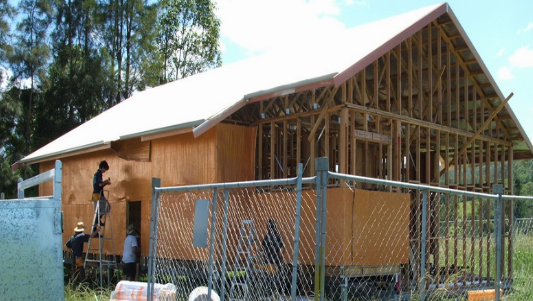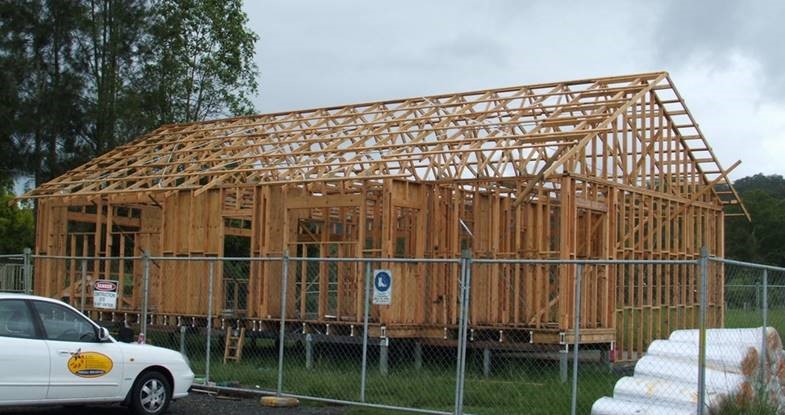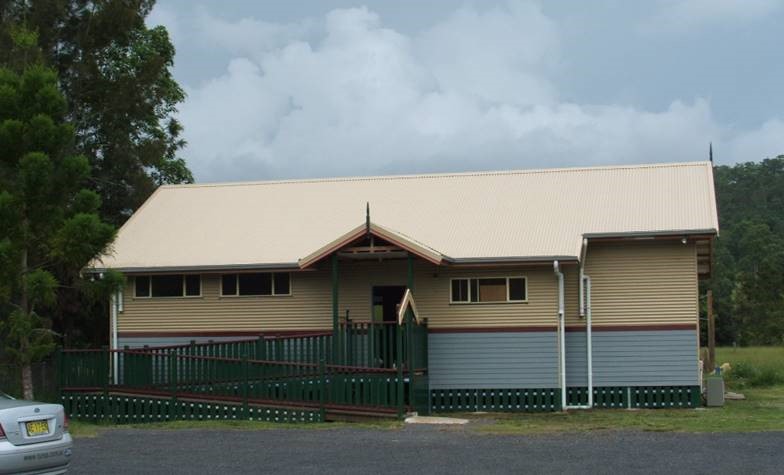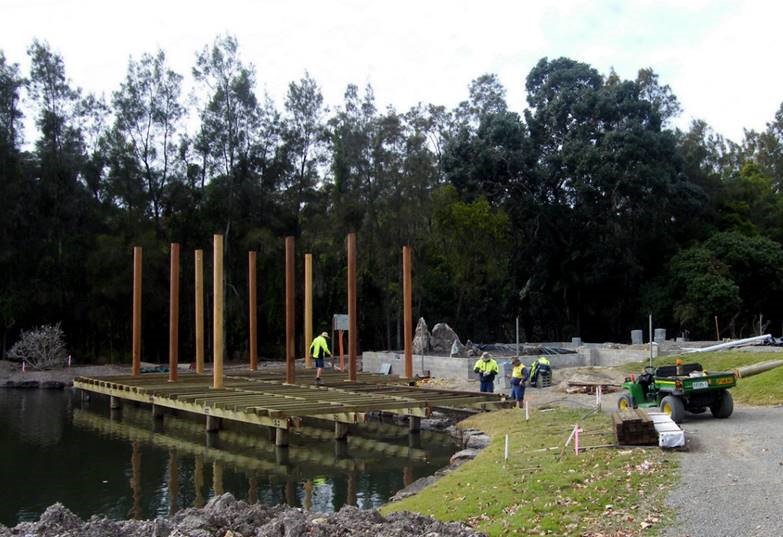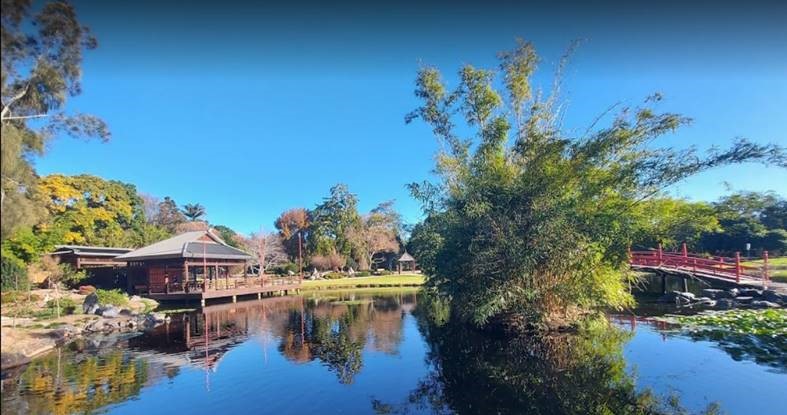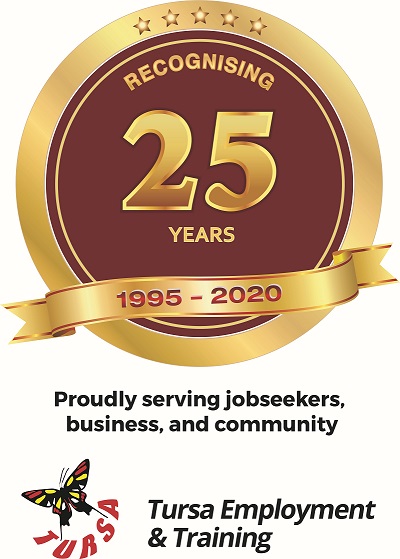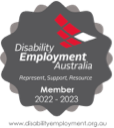This year marks 25 years of Tursa Employment & Training delivering employment services.
In what was a humble beginning without paid staff until we received our up-front payment from the Department.
The first contract under the then New Work Opportunities Programme required TURSA to find employers in the Lismore area to take on 60 very long term unemployed persons for six months duration – 4 days a week working in a business and one day a week in training.
We were also provided with funding to pay the participants and to recruit staff to carry out on-site visits to Participants and employers to ensure as much as possible that the working relationship was productive. This was no small task, and all of the initial band of staff, including the first Secretary/Manager, Ron Rathborne, were registered unemployed workers.
As a part of recognising 25 years of TURSA’s we reflect on some early steps taken in creating an ethos and culture that would allow an organisation to grow within clear parameters. TURSA’s Core Objectives were constructed over 25 years ago and are now enshrined as the underpinning “Core Policy” of the organisation:
- Honesty and Integrity
- Excellent Customer
- Service
- High Performance
- Openness and Teamwork
- Respect for Diversity
- Forward Thinking
Reviewing these Core Objectives it is clear that they are as relevant today as when they were written and will continue to be a focus into the future.
The following is a brief acknowledgement of 25 years of TURSA:
In 1994 Tursa Employment & Training was founded as a not-for-profit for the express purpose of addressing unemployment and alleviating disadvantage suffered by people of the region.
1995 the first contract was granted to TURSA under the New Work Opportunities Programme, commencing in Lismore, then a month later in Ballina and within months extended throughout the Northern Rivers. Mobile deployed field staff operated across the Northern Rivers footprint supported by the Head Office at Lismore. Rapid expansion to offices at Ballina followed by Grafton and Tweed Heads ensured we were able to provide increased services across the entire region. August 1995 was also the year that Debbie Fry joined the organisation who remains as the Company Secretary and Board Delegate supporting an independent Board of Directors and an experienced Chief Officers Group.
1996 and into 1997 New Apprenticeship Centres, Youth Programmes and Work for the Dole were included into the services delivered by TURSA with new sites opened at Casino, Byron Bay and Murwillumbah. The same years saw the approval of TURSA as a Registered Training Organisation (RTO) and the subsequent awarding of key NSW training contracts.
In 1998 and for the next two years TURSA was contracted to deliver the Flex 1 programme, sourcing job vacancies and engaging with other employment service providers to recruit labour across all industry sectors in the Northern Rivers – more than 7,000 places over the contract period – a challenging but successful programme.
Further contracts were awarded to the RTO including the training and supporting of Northern Rivers Business to migrate and integrate MYOB and QuickBooks into their operations. Adult jobseekers obtained training to achieve their International Computer Driving Licence (ICDL) as one of the first steps by the government to support the new digital age and use of technology emerging in the workplace.
In 2000 the full range of Employment Services under Job Network was delivered across the TURSA footprint which now included Kyogle, Maclean, Mullumbimby and Brunswick Heads.
2003 saw continued expansion into the Gold Coast with new offices initially at Southport and shortly afterwards Nerang, Coolangatta, and Kingscliff and by 2007 the additional sites of Coffs Harbour, Bellingen, Woolgoolga and Yamba completed the footprint.
In 2009 Job Network was replaced by Job Services Australia and ran through to 2015 with additional new locations opened at Oxenford, Helensvale, Palm Beach, Robina, Mermaid Beach and Nambucca Heads.
From 2015, jobactive became the new branding for Employment Services from the Australian Government. Contracts awarded to TURSA under the new jobactive programme saw a significant increase in business through the Brisbane corridor to the Sunshine Coast and an expansion in the Mid North Coast of NSW, resulting in the opening of an additional 30 sites to support the increase in business.
In 2018 TURSA sourced an additional site at North Lakes to meet the needs of this emerging growth corridor. Later that year TURSA successfully secured a competitive license under the revised Disability Employment Services-Employment Support Services (DES-ESS) across 16 contracted Employment Service Areas which saw further expansion with an additional location at Toowoomba and Gatton.
In 2019 TURSA was invited to participate in the New Employment Service Trial (NEST) in the Mid North Coast Employment Region covering Coffs Harbour LGA through to Port Macquarie and Taree/ Forster.
TURSA now operates as a leading jobactive, NEST, DES-ESS and RTO provider encompassing the significant lifestyle region from the Sunshine Coast, west to Toowoomba in Queensland, incorporating Brisbane metropolitan and Gold Coast areas and south in NSW from the Coolangatta/Tweed border bringing the current number of sites to 58.
Work for the Dole:
Over the past 25 years TURSA has been involved in many programmes and projects. One of the most valuable to Participants and the community has been Work for the Dole.
Work for the Dole Group Activities were very popular with Participants. Transport to sites was provided along with qualified tradespeople to supervise the team. Partnerships were forged with multiple stakeholders throughout our footprint including community organisations, business and local government.
Training Credits provided a real incentive and TURSA offered accredited training during participation so as Participants completed with either an entry level qualification or units towards a recognised qualification. Participants volunteered to come onto many of these activities to obtain training credits, valuable skills and training.
The community was left with lasting assets and Participants could, and can still, see what they built for their local community. Participants had current work-like experience that saw many of them placed into employment after completing the projects.
The projects undertaken over the years are many and varied and certainly too numerous to mention, however, just two examples of quality projects highlight the regional success of this programme.
Jiggi Pre-School
This project, to build a community pre-school from the ground up, was designed and supervised by a trade qualified carpenter. Completed in 2006, it still provides a much needed service to the local community today whilst Participants received valuable “hands on” practical real world training.
Now known as Tower Preschool situated in Jiggi Valley in NSW, it provides high quality early education for children aged 2 – 5 years old. This special little preschool has been committed to providing personalised, early education and support to children and their families for the past 30 years and is a much loved and integral part of the Jiggi community.





